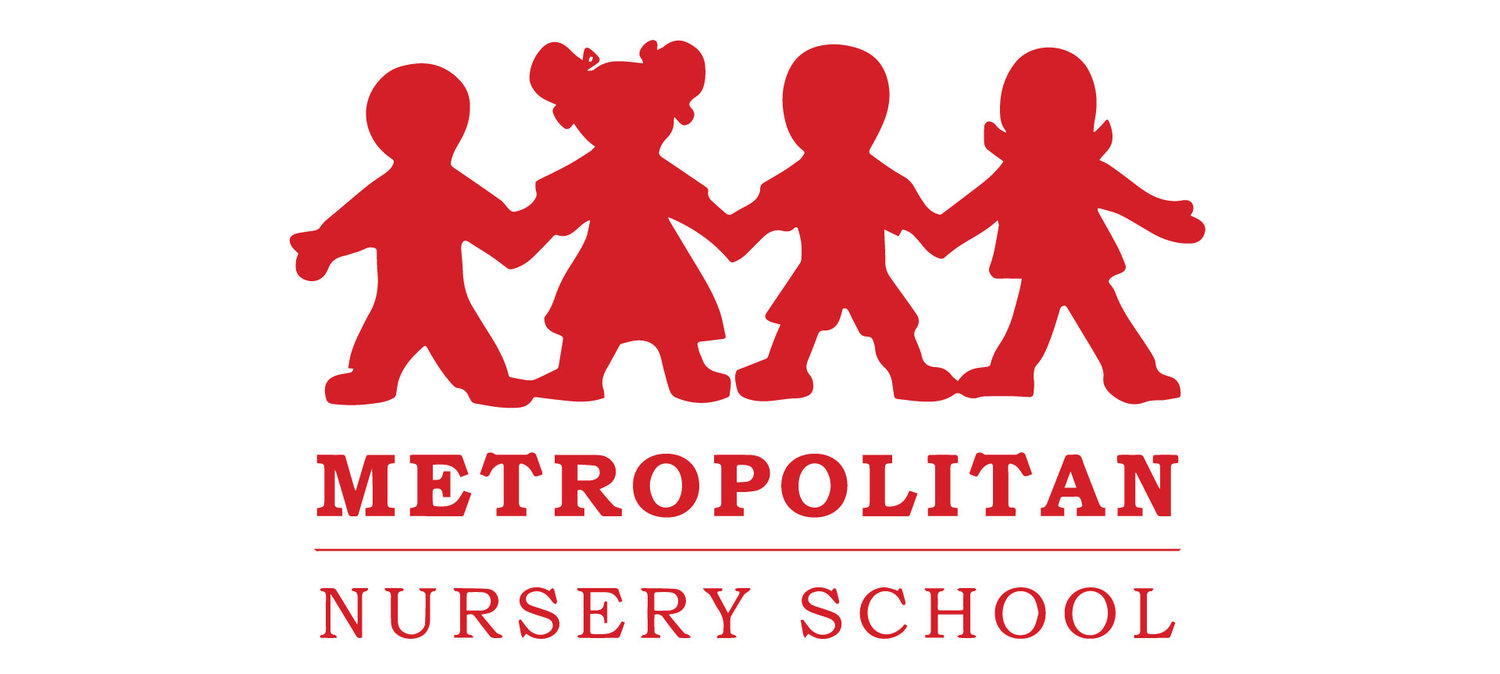As parents we are constantly playing offense as we respond to the joys and trials of parenting in real-time: illnesses, injuries, school placement, peer issues, and now COVID. Things change and we adapt on a daily, or even hourly, basis. That is why it is so helpful to have a defensive plan for three of the most important areas for your family’s overall health and wellness: sleep, nutrition, and exercise. Treating sleep, nutrition, and exercise as a priority for yourself and your child will help keep you all in the best possible shape to be able to respond to life’s unexpected hurdles.
Sleep is the most important factor in a person’s overall health. Disrupted sleep is one of the first signs something is not going well with our bodies. Disrupted sleep also has the most impact on every other system of the body. It impacts our mental health, our cardiovascular health, and our metabolic health. If a child is suddenly experiencing unusual behaviors, irritability, or health symptoms, I encourage parents to look at their child’s sleep pattern for clues, as sleep disturbances are so often the cause of many of our ailments.
Nutrition is also extremely important as it impacts your body’s overall health and ability to fight off illness and disease. It is important to consider ahead of time how your family will talk about eating healthy and how you will work to ensure your family has a healthy, balanced meal plan. In today’s fast-paced world, we often substitute convenience for health. Having a plan in place that ensures you don’t have to be thinking about this everyday will help save you time in the long run. Children may naturally be disinclined to eat certain foods. They are more sensitive to consistency and flavors than we are as adults. The key is to keep introducing/offering, without pressure, a variety of foods to your child. Like all things, they will get better with practice and expand the repertoire of enjoyable foods (how many times did you have to try brussels sprouts before you started to like them?). A common refrain of nutritionists is that a child has to be exposed to a new flavor at least 30 times if you want them to learn to like it. Of course, in addition to variety, we want to ensure our children are not being overexposed to processed foods, and things with high sugar and salt contents. Young children do not fatigue in their ability to tolerate sweet and salty the same way adults do (their internal sensors that tell them they have “had enough” just aren’t developed yet), so they require parents to let them know when they have had too much of a good thing. As adults, we need to know how much is too much, so we can teach them good portion control as well. Language shared with us by a nutrition consultant referred to “sometimes foods” and “anytime foods”—your teachers often use the language “growing food” to refer to foods like fruits, veggies and proteins!
Exercise is the last piece to the puzzle. Unlike nutrition, where children really need our help to learn what is healthy, we can really follow our child’s lead when it comes to exercise. Children’s need to run and play and explore will meet their bodies’ need for exercise. It is our job to save space and time for them to be able to meet their natural demand for vigorous movement. We need to protect school recess and physical education. We need to make sure that we save time each day to let our children run and explore. We are often the obstacle to children getting enough exercise as we build lives that are increasingly over-scheduled.
Taking time to think about these three issues and to ensure your family is maintaining a lifestyle where sleep, nutrition, and exercise are valued priorities will ensure that you are able to impart your family beliefs in these areas on to your children. These are areas that, if protected and valued, will make it easier for your child to face the world and its daily hurdles.
